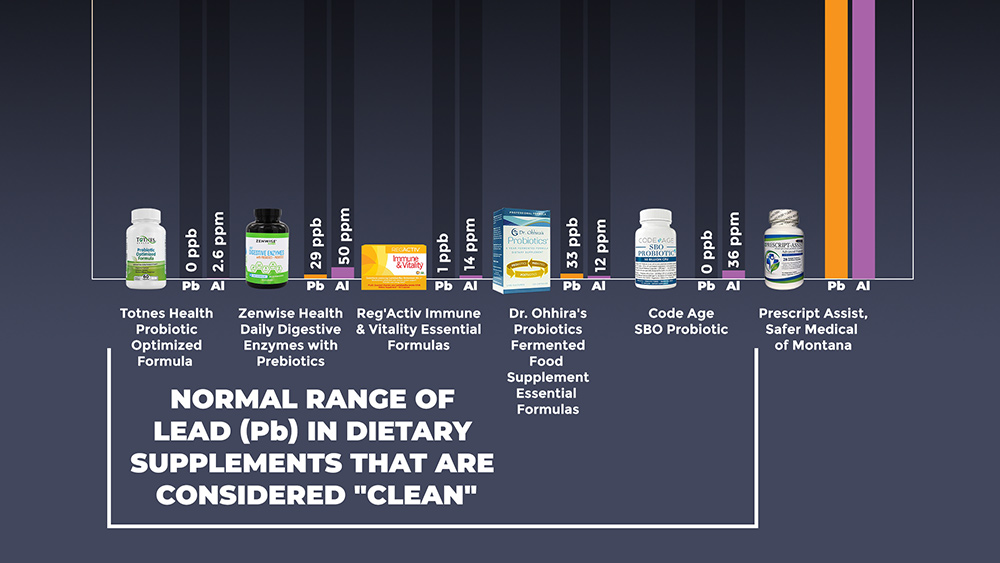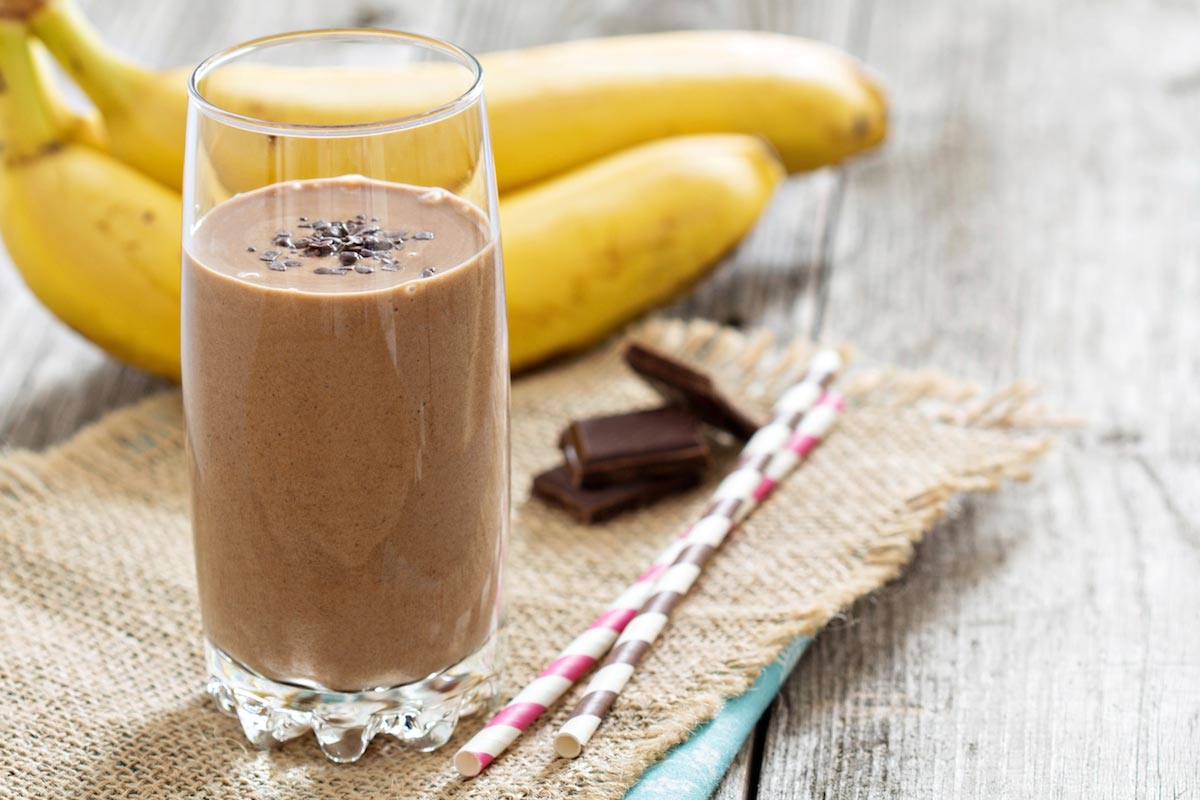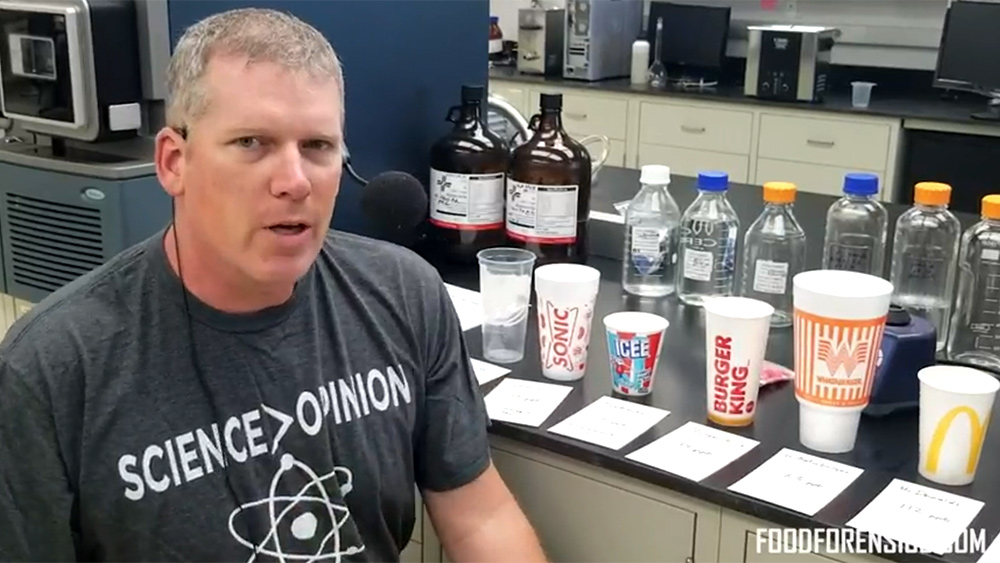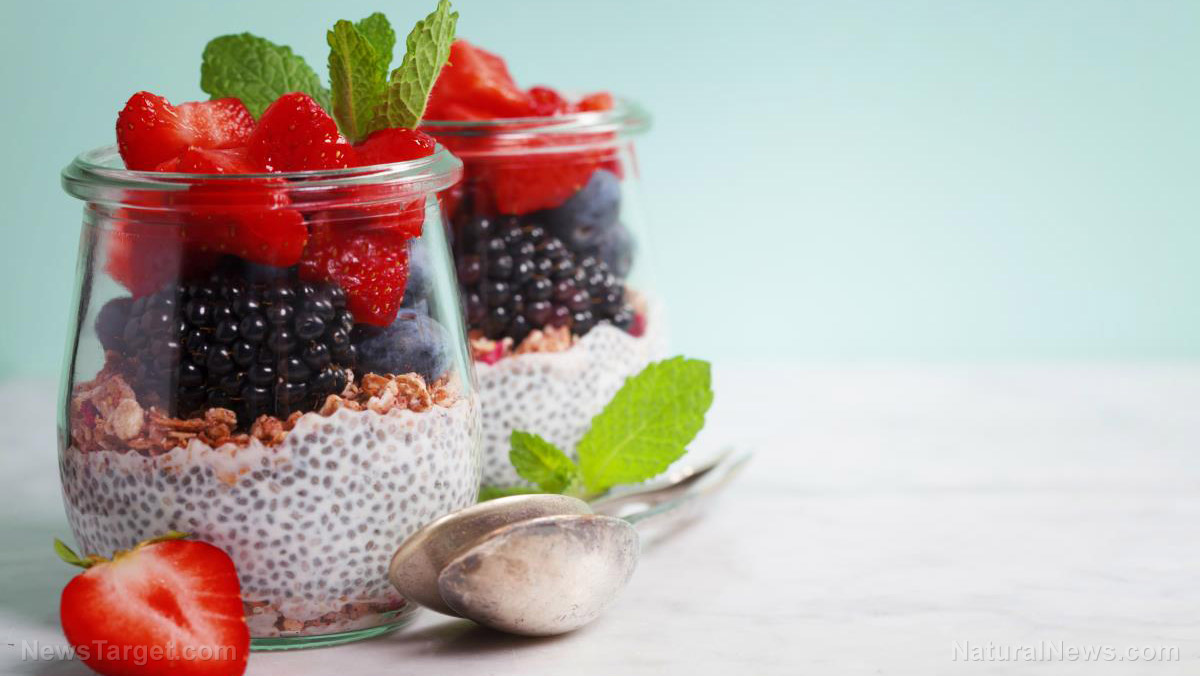Toxic aluminum found in popular prescription infant formulas
08/26/2019 / By Isabelle Z.

The link between aluminum exposure and health problems is quite unsettling when you consider just how prevalent the metal is in our everyday lives. While adults might think that there’s little that can be done after years of exposure, parents can start their babies and children off on the right foot by limiting their exposure at the outset – and that starts with the food they eat.
The first aluminum exposure for many humans comes in the form of vaccines and infant formula. When breast milk isn’t an option for some reason, many mothers assume the formulas sold on store shelves must be safe – and those that are prescribed by their doctor tend to be viewed as even better somehow. Yet a new study shows that isn’t the case at all. In fact, several popular infant formula prescriptions contain the dangerous element.
There are no safe aluminum levels for the human body, so putting even small amounts into something newborns consume can only be thought of as poison. It’s unfortunate that these formulas are targeted at babies who already have some sort of medical problem or disadvantage, like low birth weight, intolerance or allergy, or renal insufficiency.
The researchers found that among the 24 prescription infant formulas tested, those that had the heaviest contamination were powdered formulas geared toward babies with allergies and intolerances and ready-to-drink formulas aimed at infants having trouble gaining weight.
It isn’t clear how aluminum is making its way into the products. When the scientists contacted all the manufacturers involved, each one denied knowledge of the presence of aluminum in their products. Their findings were published in the International Journal of Environmental Research and Public Health.
Aluminum might be everywhere, but that doesn’t mean it’s safe
The researchers were very clear about the dangers of aluminum, stating: “There is already too much aluminium in infant formulas and herein we have measured its content in a large number of prescription formulas, products which are fed to vulnerable infants in their first months of life. Many of these products are heavily contaminated with aluminium.”
Aluminum doesn’t strike fear in people’s hearts the way lead and arsenic do – but it absolutely should. The metal is damaging to human biology in many ways and builds up in your organs over time. Large amounts of it can be found in the brains of those suffering from Alzheimer’s disease, and some experts believe accumulation of the metal is a cause of the devastating illness. It’s also found in people with autism and multiple sclerosis.
According to a public health statement from the Agency for Toxic Substances & Disease Registry, aluminum can make its way into your body via ingestion, inhalation, and dermal contact. In addition to vaccines and infant formula, people will be exposed to the metal throughout their life via foods like flour and baking powder, aluminum cookware and foil, air, water, and consumer products like cosmetics, antiperspirants, and antacids.
Exposure can affect children by causing kidney disease, brain disease, and bone damage as aluminum prevents the stomach from absorbing the phosphate their bodies need for healthy bones. It can also negatively impact their body’s ability to absorb iron.
It has also been linked to breast cancer, although further studies are needed to confirm the connection. Nevertheless, the International Agency for Research on Cancer has classified the metal as carcinogenic to humans. It is known to create oxidative stress, which can increase people’s risk of cancer.
Given the many dangers of aluminum, it’s clear that this metal has absolutely no place in infant formula. More rigorous testing is needed, and parents must be extremely vigilant about what they feed their babies. If formula can’t be avoided, it’s particularly important that parents limit their children’s other exposure to aluminum.
Sources for this article include:
Tagged Under: Aluminum, child health, contamination, disease causes, formula, infant formula, poison, toxic ingredients, toxins, vaccines
RECENT NEWS & ARTICLES
COPYRIGHT © 2017 INGREDIENTS NEWS


















